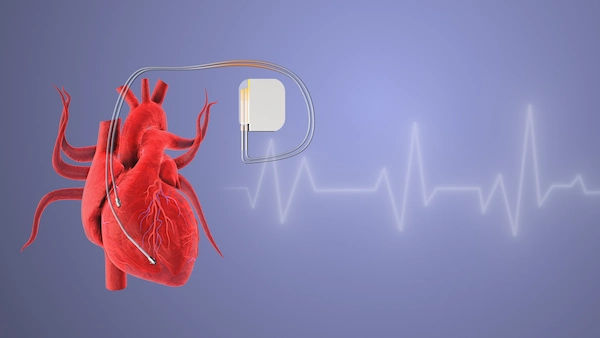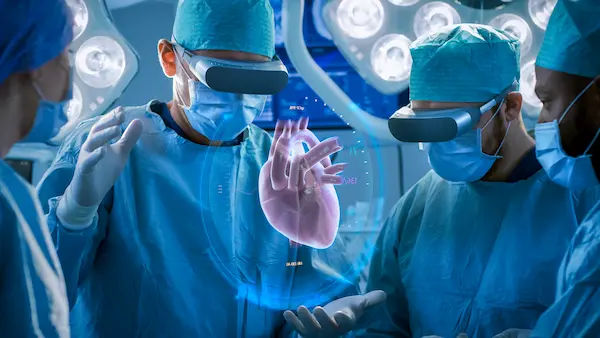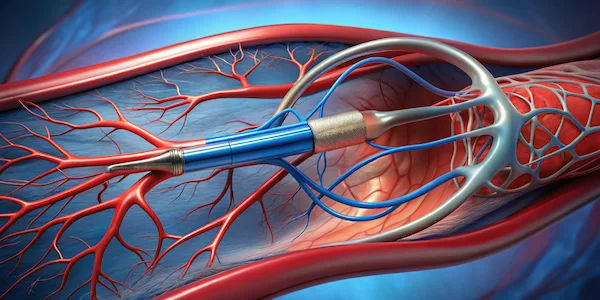- Female
- 27 Years
- 22/01/2025
I'm a 28-year-old female and I've been experiencing this pain between my breastbone. It happened again today while I was sleeping, and it lasted for about 3 to 4 hours. I remember feeling the same thing around 4 months ago, but it also only happens during sleep. I have no medical history to speak of. Could you help me understand what might be going on?
More Cardiology Health Queries
View allI'm really worried about my mom who's 68. She's been diagnosed with mild concentric left ventricular hypertrophy and has an overall LVEF of 50-50. They also mentioned grade diastolic dysfunction. I'm just trying to understand, is this something serious that we need to be concerned about?
An angiogram is advised to the patient and a cardiac opinion..
Answered by 1 Apollo Doctors
My arm and chest sometimes start to hurt at random times. Sometimes it's just my chest, sometimes just my arm, and other times both, with this throbbing sensation that can last for a couple of hours. What could be causing this? It's really worrying me.
It sounds like you may be experiencing symptoms of angina, which is chest pain or discomfort caused by reduced blood flow to your heart muscle. The pain can sometimes radiate to the arm, neck, jaw, or back. It is important to consult a doctor for proper evaluation and diagnosis. In the meantime, you can take nitroglycerin sublingual tablets for immediate relief. The usual dosage is 0.3 to 0.6 mg every 5 minutes as needed, up to 3 doses. If the pain persists, seek medical attention immediately.
Answered by 1 Apollo Doctors
I'm currently taking Telma 40 in the morning and half a tablet of Ivabradine 5 in the evening, both after meals. I'm wondering if I could possibly take both the Telma and the half Ivabradine together in the morning after breakfast instead of spreading them out. Would that be okay?
Taking Telma 40 and Ivabradine 5 together in the morning after breakfast instead of at different times is not recommended. It is important to follow the prescribed dosing schedule to ensure the effectiveness of the medications. Telma (Telmisartan) 40 should be taken in the morning after food, while Ivabradine 5 should be taken in the evening after food. It is best to follow the prescribed timing to achieve the desired therapeutic effects of both medications.
Answered by 1 Apollo Doctors
Disclaimer: Answers on Apollo 247 are not intended to replace your doctor advice. Always seek help of a professional doctor in case of an medical emergency or ailment.






